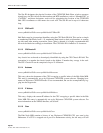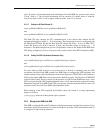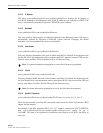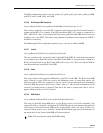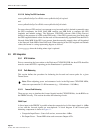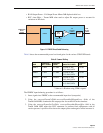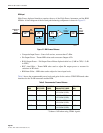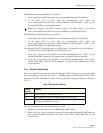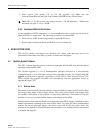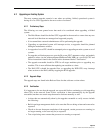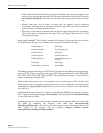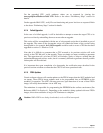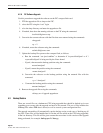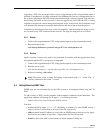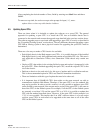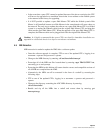
ADCP-75-192 • Issue 2 • June 2007
Page 48
© 2007, ADC Telecommunications, Inc.
3. Enter reverse gain setting (-10 to +10 dB, typically +10 dBm) into the
transceptTenantReverseGain field of the Tenant OAM MIB for this Tenant Sector.
3.9.4 Functional RAN Call Verification
At the completion of BTS integration, it is recommended that the coverage area be driven to
insure all RANs are operational. The following procedure is recommended:
1. Place calls on all RF channels supported by targeted RAN sector
2. Ensure hand-offs between RANs and RAN to tower are functional.
4 OTHER SYSTEM TASKS
This section contains descriptions and directions for system tasks that may need to be
performed at some future time after a system is installed and configured.
4.1 Updating System Software
The ADC software upgrade process is based on packaging utilities built into the Linux-based
operating system used by ADC.
The software upgrade is a set of interdependent packages delivered in a self-extracting
executable named so as to reflect the revision of the contained software; for example: hr-3.4.0-
upgrade would be used to upgrade a target Hub or RAN CPU to a new software version 3.4.0.
When invoked, the upgrade executable will automatically take the appropriate actions to
upgrade the target CPU.
4.1.1 Release Notes
The release notes delivered with each software release distribution contain specific details about
the changes being made in that software release. The release notes itemize each change made
and include a description of the problem or issue being addressed, a description of how the
problem or issue was resolved, and the impact of the change on the NMS.
Included in the release notes are details of any upgrades to the FPGA images, including revision
number information contained in the latest release build. To ensure the latest documentation
matches the current packaged images, the release notes will be the only place where this
information is captured in external/customer documentation. Also included are the steps needed
to complete the upgrade.
Note: The +/- 10 dB reverse gain setting assumes a 20 dB attenuator. Without the
attenuator, the gain is +10 to +30 dB.



